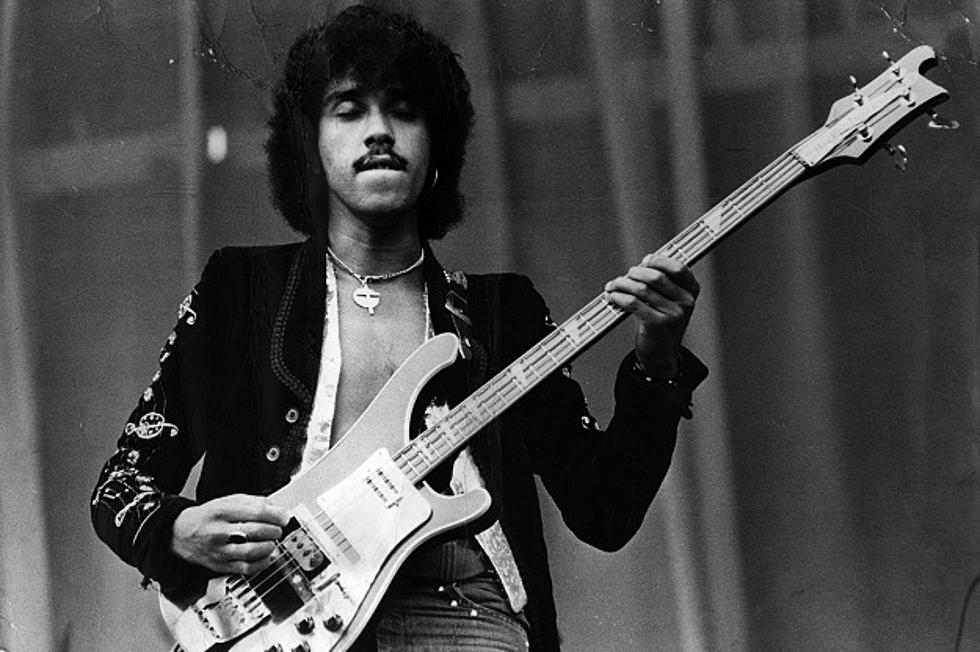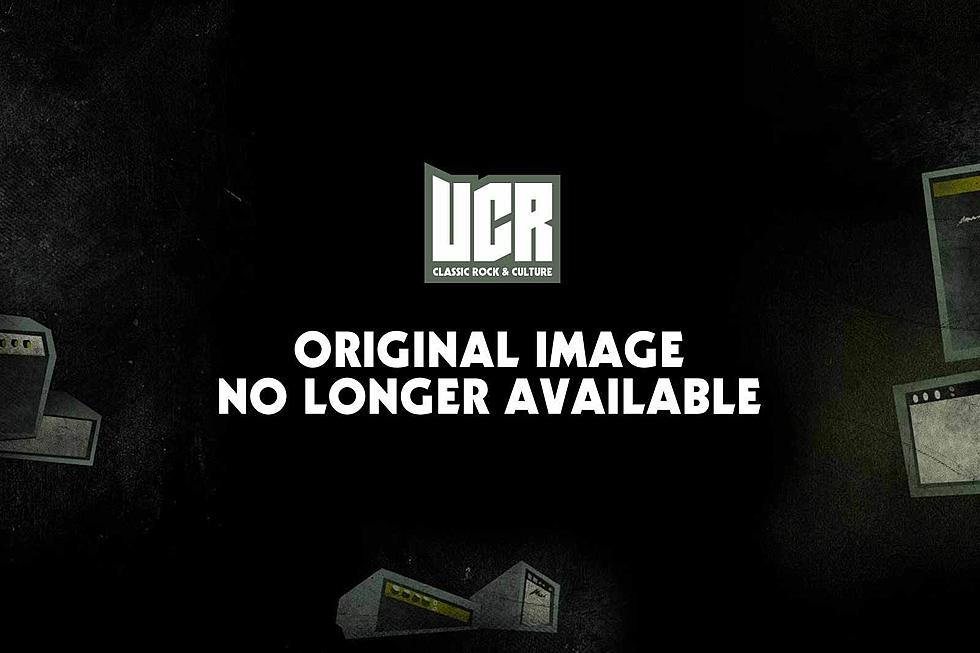Thin Lizzy’s ‘Whiskey in the Jar’ History Chronicled
Thin Lizzy’s 1972 recording of the traditional Irish folk song “Whiskey in the Jar” is one of their most-beloved tunes and a staple of St. Patrick’s Day playlists everywhere. A new article traces its origins.
Over at the A.V. Club, they’ve discovered that the song dates back to 1650, when a highwayman named Patrick Flemming was executed for his crimes, which included numerous murders. By the 1680s, his story wound up in a folk song called “Patrick Flemmen He Was a Valiant Souldier.” Over the years, as part of the folk process, it took on new verses and more characters to the point where there is no “definitive” version of the song.
As guitarist Eric Bell noted in the article, Thin Lizzy’s recording of “Whiskey in the Jar” wasn’t part of the plan. They had been rehearsing their own material in a London pub, and "were going to pack up,” he recalled, “and Philip [Lynott] put down the bass and picked up the other six-string guitar, and he just started messing about with various stupid songs. About 20 minutes later, he started singing ‘Whiskey in the Jar’ as one of those stupid songs. Me and [drummer] Brian Downey, at this point we were extremely bored, and we started playing along with him a little bit.”
As they were playing, their manager Ted Carroll walked in and liked what he was hearing and suggested they record the song as the B-side to “Black Boys in the Corner,” which was slated to be their first single for Decca. But it wound up as the A-side and hit No. 6 in the U.K., and topped the charts in Ireland, even as it garnered controversy for being radically different from the much-loved hit recording from a few years earlier by the traditional Irish group the Dubliners.
“Everybody that’s heard ‘Whiskey in the Jar’ heard the Dubliners’ version: banjos, tin whistles and so on and so on,” Bell continued. “We came along and completely and totally rearranged that song. A lot of Irish people didn’t really like it, you know? … We were told we bastardized it. An awful lot of Irish people said that to us, actually used that word. ‘Jesus, lads, you bastardized that song.’”
As successful as the song was for Thin Lizzy, it pegged them as one-hit wonders — with people showing up at their shows just to hear that song and ignoring their original numbers — until 1976’s Jailbreak made them international stars.
See Thin Lizzy and Other Rockers in the Top 100 Albums of the '70s
The 10 Worst Rock and Roll Hall of Fame Snubs
More From 103.7 The Loon










